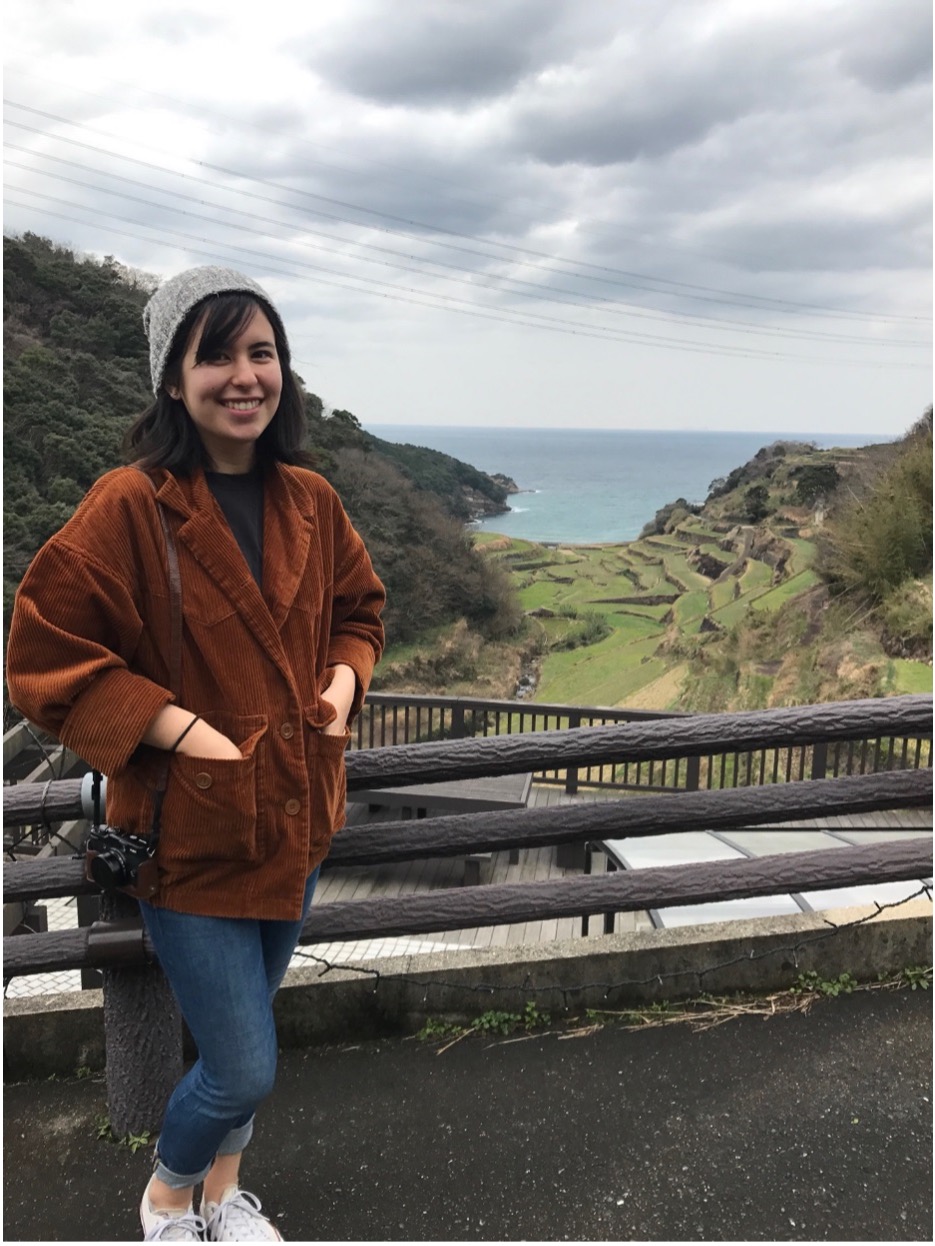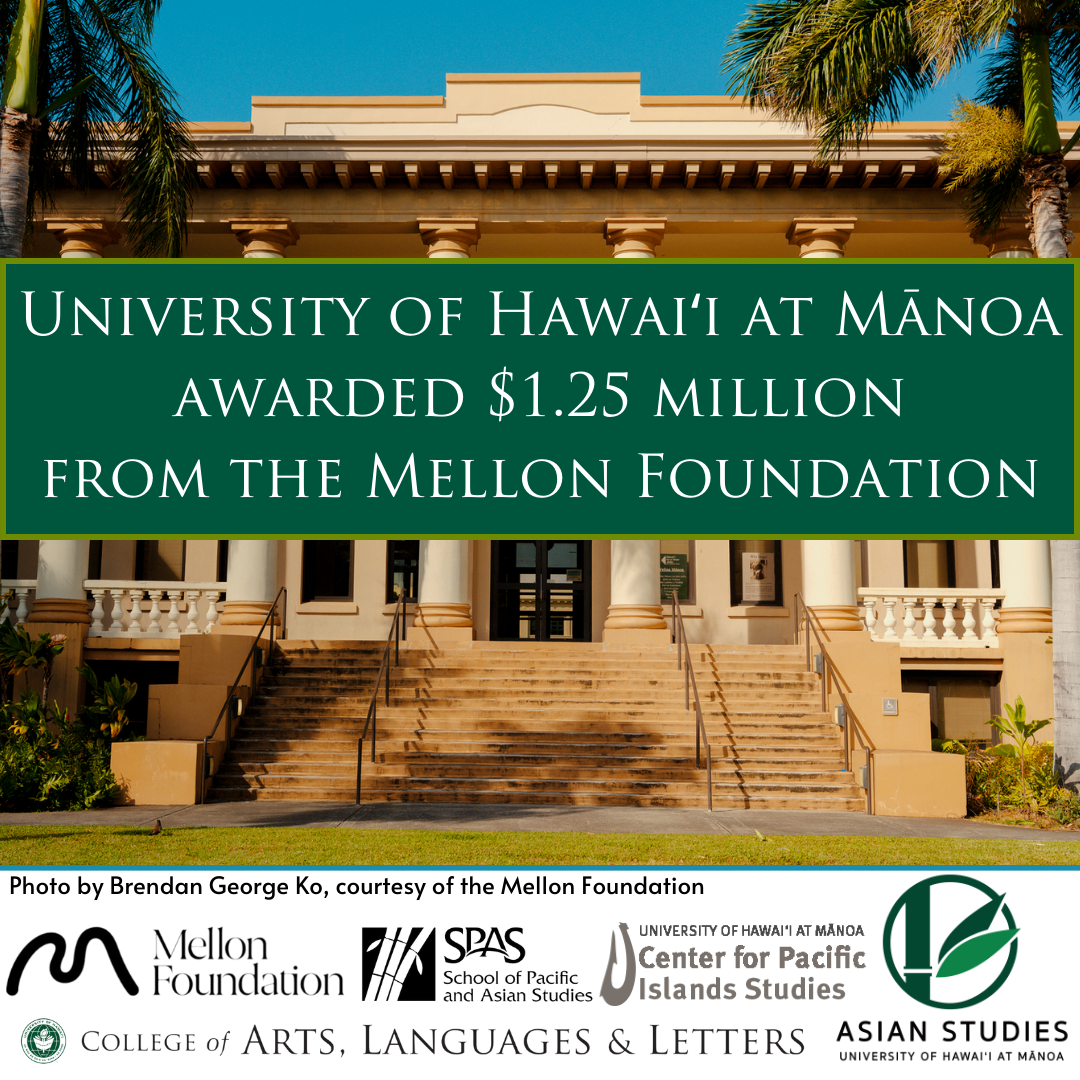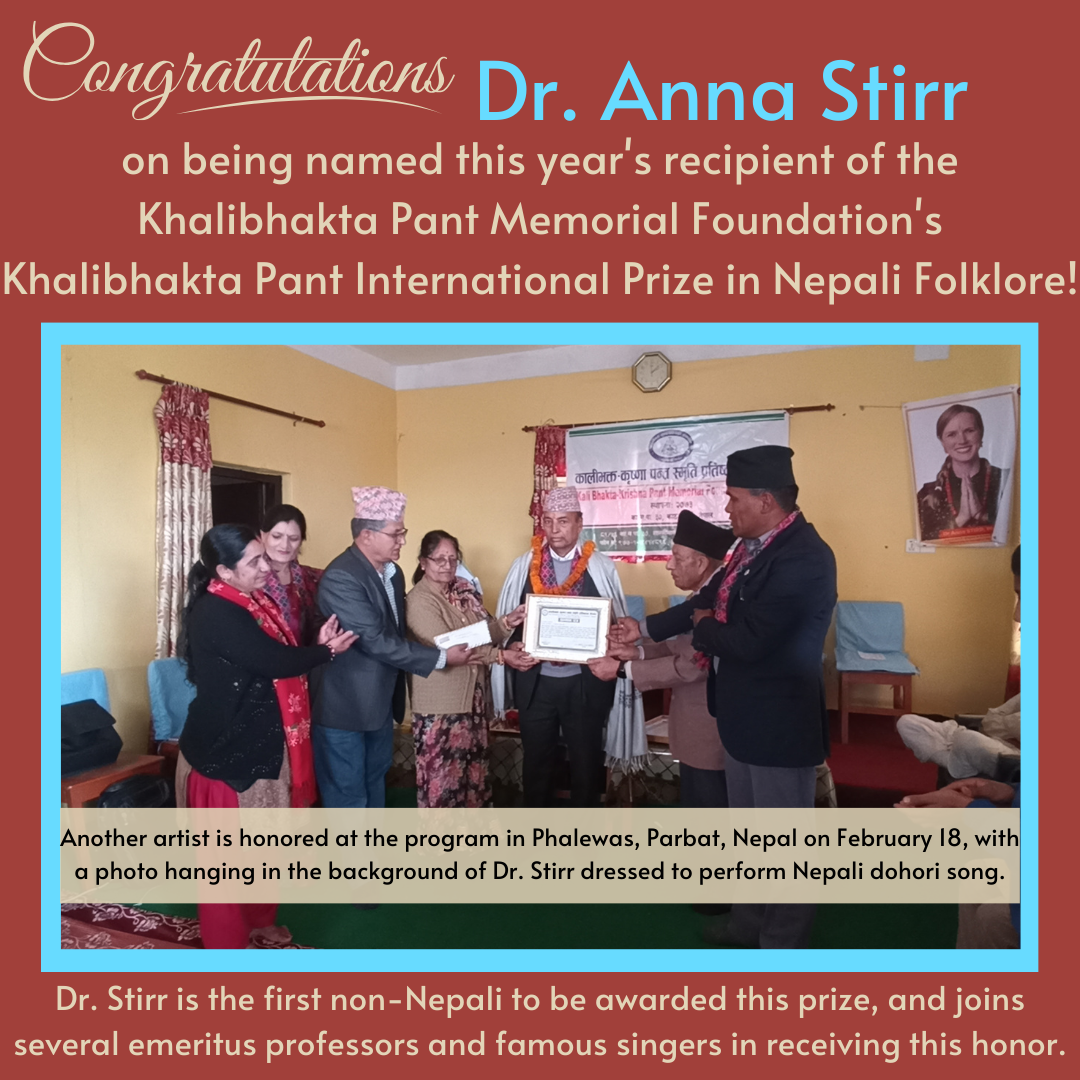Congratulations to Dr. Cathryn Clayton on being named a winner of the CALL Excellence in…
“Recording the Past of “Peoples Without History”: Southeast Asia’s sea nomads” by Barbara Andaya
A new publication from Barbara Andaya reviews the historical work on Southeast Asia’s sea peoples, stressing the importance of interdisciplinary work to recover indigenous pasts.
Download the article from Asian Review Vol. 32 No. 1, January-June 2019.
Abstract: This essay has been developed from the conviction that scholars of all disciplines, particularly from Southeast Asia, must work together to prioritize the task of recording the traditions of “marginalized peoples” before practices, beliefs and memories disappear completely. Although anthropologists dominate contemporary studies, historians have much to offer, especially in dealing with the relationship between such groups and the state. Here I provide a background to historical work on sea peoples, tracking the evolution of the now accepted view that, traditionally, they were respected by land-based states and that this relationship was mutually beneficial. However, the demise of reciprocity combined with state pressure for the adoption of a sedentary existence led to a decline in regard for the maritime skills of sea peoples and the services they once provided. In seeking to resurrect a past that emphasizes indigenous agency, there is a need to break out of disciplinary confines and develop methodologies and approaches that more effectively link the past with the present.





